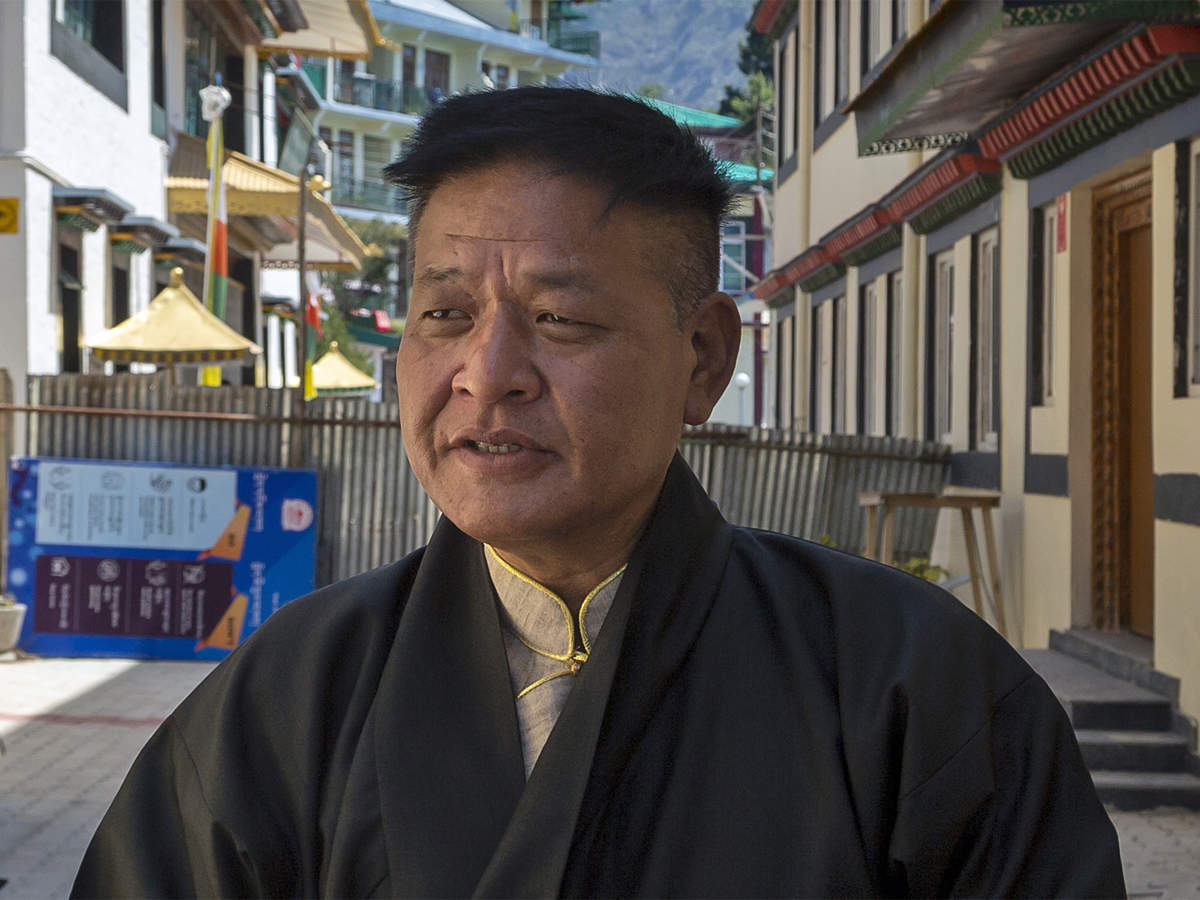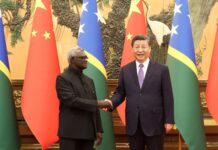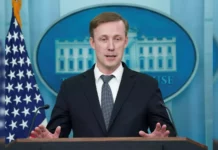NEW DELHI: Terming the meeting between a representative of the Dalai Lama and US top diplomat Antony Bilinken a “significant move”, Tibetan government-in-exile has said Chinese leaders have “no political will” to resolve the Sino-Tibetan conflict.
The government, formally known as Central Tibetan Administration (CTA), further noted that the development is also crucial as “it is the first meeting of US higher officials of Biden Administration with the Tibetan”.
Antony Blinken, who was on a two-day visit to India, held talks with Geshe Dorji Damdul, director of Tibet House in Delhi during a meeting with representatives of civil society organisations and also met
Blinken also met briefly with Ngodup Dongchung, who presented him with a scarf from the Dalai Lama. A State Department spokesperson said, “Secretary Blinken had an opportunity to meet briefly this morning in New Delhi with a representative of His Holiness the Dalai Lama.”
“Ngodup Dongchung, representative of Dalai Lama in Delhi met US Secretary of State Anthony Blinken in Delhi. The meeting is significant as it recognizes Dalai Lama’s lifelong commitment and efforts for promoting universal peace and dialogue,” Tenzin Lekshay, Spokesperson of Central Tibetan Administration told ANI.
“It is also significant as this meeting is the first meeting of U.S. higher officials of the Biden Administration with the Tibetan. We appreciate and thank the US government for consistently supporting Tibetan cause over the years and also for their recognition of Dalai Lama’s legacy,” he added.
The meeting was one of the most conspicuous contacts between US and Tibetan officials since President Barack Obama met the Dalai Lama in Washington in 2016.
Reacting sharply to the meetings, Chinese Foreign Ministry Spokesperson Zhao Lijian said the contact between the US side and the Dalai clique goes against the US promise to recognising Tibet as being part of China.
“China firmly opposes any form of contact between foreign officials and the Dalai Lama. Any form of contact between the US side and the Dalai clique is a violation of the US commitment to acknowledging Tibet being part of China, to not supporting ‘Tibetan Independence’, and to not support attempts to separate China,” Lijian said.
The Chinese spokesperson further said that the US side should “stop meddling” in China’s internal affairs under the pretext of Tibetan affairs, and offer no support to the “Tibetan independence” forces.
Irrespective of what Chinese leaders say about Dalai Lama by labelling him as separatist, Lekshay said that people of the world love, respect and revered him for his lifelong efforts and commitments for universal peace and dialogue.
In resolving the Tibet issue, the Tibetan official said, Dalai Lama on numerous times for over years call for dialogue as per the middle way policy which is within the framework of the Chinese constitution.
“It is evident that Chinese leaders have no political will to resolve the Sino-Tibetan conflict. They have to understand should have wisdom that Dalai Lama is the key to resolve the conflict.”
The CTA and Tibetan advocacy groups have received a boost in international support in recent months amid rising criticism of China’s human rights record, particularly from the United States. In November, Lobsang Sangay, the former head of the Tibetan government in exile, visited the White House, the first such visit in six decades.
Chinese troops occupied Tibet in 1950 and later annexed it.
The 1959 Tibetan uprising saw violent clashes between Tibetan residents and Chinese forces. The 14th Dalai Lama fled to neighbouring India after the failed uprising against Chinese rule. The Dalai Lama, the supreme Tibetan Buddhist leader, established a government-in-exile in India.
There are at present more than 10,000 Tibetans living in Dharamsala alone, and an estimated 160,000 Tibetan exiles around the world. Since becoming President in 2013, Xi has pursued a firm policy of stepping up security control of Tibet. Beijing has been cracking down on Buddhist monks and followers of the Dalai Lama.
The United States has been raising the issue of human rights violations in Tibet at various platforms. Recently, US Deputy Secretary of State Wendy Sherman visited China to meet Chinese officials. She raised concerns about human rights violations in Tibet, Hong Kong and Eastern Turkestan.
Last month, the US Senate had passed a bipartisan bill to heed the call to open a consulate in Lhasa and had called for reinforcing the global engagement on policy towards the reincarnation of His Holiness the Dalai Lama. The US Innovation and Competition Act (also known as the Endless Frontier Act), provides USD 250 billion through investment in science to compete with China, also contains several important provisions on Tibet.
Early this month, US Congressman Republican MP Scott Perry from Pennsylvania has introduced a resolution in the US Congress, calling on US President Joe Biden to declare Tibet an independent country.
This bill recognised all three provinces in Tibet as a separate and independent country. The 2021 Tibet Bill also urged Washington to recognise the “democratically elected government of Tibet, presently named as the Central Tibetan Administration, [as] the only governing authority of Tibet.” (ANI)







